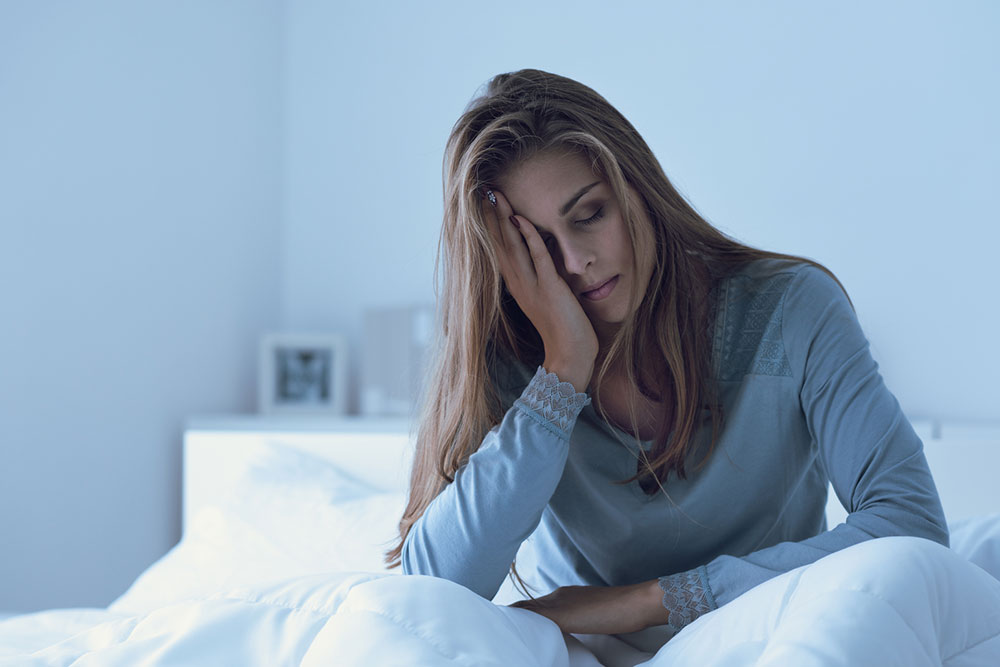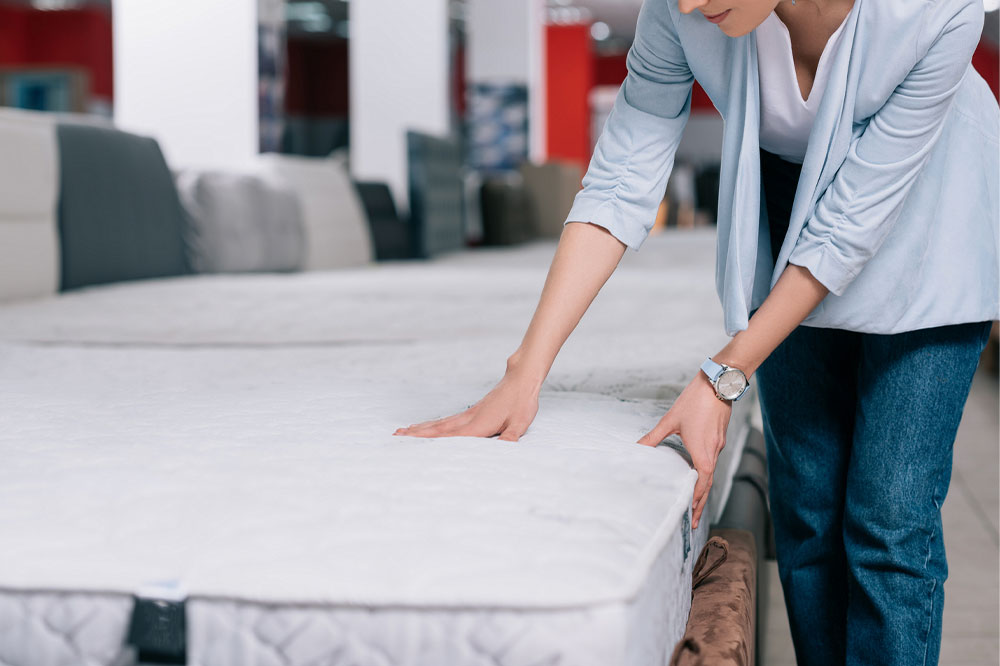9 warning signs that indicate sleep deprivation

Quality sleep is one of the most important factors in maintaining one’s health. According to the Centers for Disease Control and Prevention (CDC), a sleep duration of around seven hours or more per night is recommended for most adults. When one fails to get this required snooze, it is called sleep deprivation. This can be a short-term issue affecting one over a few days or a chronic condition lasting weeks and months.
Warning signs of sleep deprivation
Sleep deprivation can occur due to a variety of reasons, such as work stress, new parenthood, lifestyle, sleep disorders, health conditions, or environmental factors. Even 24 hours of missed sleep could impact one’s motor functioning and response times. There are various other warning signs of sleep deprivation to be aware of.
Acne breakouts
Some studies have shown a close relationship between lack of sleep and increased acne breakouts. This occurs because sleep deprivation can enhance the body’s cortisol levels, which increases inflammation and production of sebum, causing breakouts.
Puffy eyes
During the deep sleep stages, the body regulates hormones and works on tissue and muscle repair. Without adequate sleep, this becomes an issue, causing redness and/or puffiness around the eyes, dark circles, and deep eye bags. It may also increase the appearance of fine lines, wrinkles, swelling, and droopy eyelids.
Junk food cravings
Sleeping for less than six hours can also decrease the production of the appetite-controlling hormone – leptin and increase the release of the hunger-promoting hormone – ghrelin. As a result, those who are sleep-deprived may frequently crave or reach out for unhealthy snacks and meals. Over time, this could become a major risk factor for lifestyle conditions like diabetes.
Increased caffeine intake
Not getting enough sleep at night can leave one feeling drowsy throughout the day. As a result, one may end up reaching out for more caffeine in the form of coffee or energy drinks. While this may feel normal in the beginning, it can quickly turn into a vicious cycle, as the increased caffeine consumption may gradually increase the risk of insomnia.
Mood swings
One of the most obvious warning signs that indicate sleep deprivation is an increase in irritability and mood swings. Since the body has not had enough time to rest, recuperate, and get back to optimal performance levels, one continues to feel exhausted, making them more stressed, angry, or irritated throughout the day.
Loss of focus and memory
Even the loss of two hours of sleep in the night can make one feel groggy the next day. This can make it difficult for one to stay focused on their work or daily routine. One may also have an increased reaction time, resulting in a sequence of errors or omissions. This can be risky for those working in healthcare or emergency services. All of this may also impact one’s ability to read social situations, respond appropriately, or make good decisions overall, impacting professional and interpersonal relationships and/or leading to delays or mistakes at work. Over time, sleep deprivation can also lead to reduced productivity because the body’s ability to perform at optimal levels is hindered.
Fatigue
Sleep deprivation is one of the most common causes of fatigue. During the sleep hours, the body works on replenishing energy levels, regulating hormones, and maintaining physical and cognitive functioning. But when one does not get adequate sleep, the body may start digging into its energy reserve to perform these tasks, leaving one feeling more tired or fatigued.
Weakened immunity
As one sleeps, the body carries out maintenance and repair functions. One of these is to release cytokines and antibodies. While some cytokines are necessary to promote better sleep, others are important for controlling infections, inflammation, and stress. But, with a lack of sleep, these numbers tend to fall, making one more susceptible to illnesses.
Sleep deprivation also reduces the number of antibodies produced in the body, increasing the threat posed by bacteria and viruses.
Sleeping too little also has a long-term impact on one’s health, increasing the risk of lifestyle conditions such as diabetes and cardiovascular disease.
High blood pressure
As discussed earlier, sleep regulates the production of the stress hormone cortisol. When the body doesn’t get enough sleep, it fails to control the hormone, which can lead to high blood pressure. According to some studies, those who sleep six hours or less per night have reported an increase in blood pressure.
It is also important to note that high blood pressure could also contribute to a lack of sleep, creating a cycle of poor sleep.
Tips to improve sleep quality
It is impossible to function optimally without getting enough sleep. So, one should follow some easy tips to promote good quality sleep.
- Try to get seven to nine hours of sleep every night (for adults).
- Stick to a schedule – wake up and go to bed at the same time every day.
- Make the environment conducive to sleep – keep it cool, quiet, and dark.
- Create a sleep routine. This can include changing into one’s sleepwear, brushing teeth, reading, turning off the lights, etc. to give the body some time to unwind before bed.
- Keep gadgets such as phones, laptops, and tablets away from the bed, as their light may impact one’s sleep cycle.
- Exercise regularly as it may help promote sleep quality.


